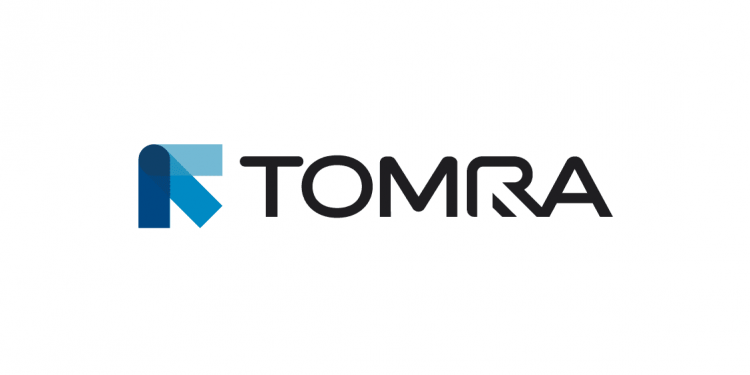Quality and traceability, two important requirements of potato fresh packing, are threatened by market disruptions arising from the COVID-19 pandemic. Lockdowns have increased home-cooking and the popularity of fresh potatoes, packers may have been tempted to keep up with demand by sending greater quantities of potatoes down the line or setting lines to run at higher speed – but this makes quality control more difficult.
Product quality is sacrosanct to ensure food safety for consumers, protect the reputations of manufacturers, and keep packers’ customers satisfied. Moreover, product quality can also influence profitability, sometimes as much as pack-out rates, product recovery efficiencies, and market-driven supply and demand.
Food safety first. Risks are always present in a load of freshly picked potatoes, which can too frequently contain foreign materials such as field mice, plastic bottles, stones, wood, sticks, stalks, and vines. These must be detected and removed by the grower’s and/or packer’s pre-sorters before the product is fed onto the packing line, and by sorters on the line itself. Sounds straightforward, but some lines still depend on manual workers to remove imperfect potatoes, despite the fact that machines can see things humans can’t. Some machines are better suited than others to the job of removing both foreign objects and potato imperfections.
While safety is a binary judgment – the product is either safe or it isn’t – quality assessments are graded. Potatoes reaching the end of the line must meet precisely defined specifications for appearance and dimensions, but these specifications can differ. Only the most sophisticated optical sorting technologies can make the necessary distinctions, and switch from one product setting to another with minimal downtime.
And profitability? A high-quality product can be the key to higher-value markets, but there’s also money to be unlocked from making otherwise unsellable potatoes available at lower grades. Again, this requires sophisticated sorting technologies. More than just recognizing and rejecting products of unacceptable quality or specification, sorters can enable the recovery of a relevant part of this rejected product for sale at a lower grade (obtaining Grade II potatoes, for example, from what was initially rejected when running the Line for Grade I).
Traceability is wrapped up in all this, an increasingly important part of food safety and of making products more marketable. If an imperfect product should somehow reach retail outlets or consumers, traceability can quickly confirm its origins and distribution points, enabling prompt removal from points of sale. Fortunately, the need for such action is extraordinarily rare, but traceability has other benefits that are of value continuously.
For consumers, traceability can help provide the information they increasingly want to see about the food’s provenance. Market researchers have found that a majority of shoppers are willing to pay more for food which has information transparency. For packers, traceability is an integral part of technologies which also improve efficiency and profitability, and is part of the digital transformation sweeping through all industries. Adaptation of existing business practices to new digital methods – through automation, interconnectivity, machine learning, and real-time data – can provide actionable data that has tremendous potential value. These capabilities offered as part of the latest state-of-the-art sorting technologies, enable the application of data to improve operating efficiencies, provide new value-producing opportunities, and open up new revenue streams.
If this sounds like the future, the future is arriving now. And that arrival has been accelerated by the extra pressures placed on packers by the upheavals caused by COVID-19.
About TOMRA Food
TOMRA Food designs and manufactures sensor-based sorting machines and integrated post-harvest solutions for the food industry, using the world’s most advanced grading, sorting, peeling and analytical technology. Over 8,000 units are installed at food growers, packers and processors around the world for fruits, nuts, vegetables, potato products, grains and seeds, dried fruit, meat and seafood. The company’s mission is to enable its customers to improve returns, gain operational efficiencies, and ensure a safe food supply via smart, useable technologies. To achieve this, TOMRA Food operates centers of excellence, regional offices and manufacturing locations within the United States, Europe, South America, Asia, Africa and Australasia.
TOMRA Food is member of the TOMRA Group that was founded on innovation in 1972 that began with design, manufacture and sale of reverse vending machines (RVMs) for automated collection of used beverage containers. Today TOMRA provides technology-led solutions that enable the circular economy with advanced collection and sorting systems that optimize resource recovery and minimize waste in the food, recycling and mining industries.
TOMRA has ~100,000 installations in over 80 markets worldwide and had total revenues of ~9.3 billion NOK in 2019. The Group employs ~4,500 globally and is publicly listed on the Oslo Stock Exchange (OSE: TOM).
For further information about TOMRA, please see www.tomra.com






